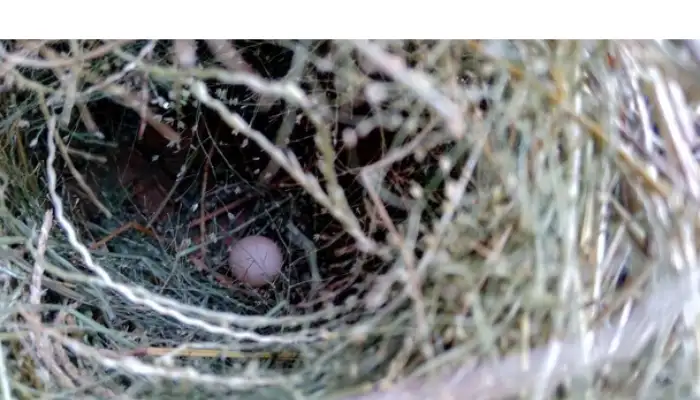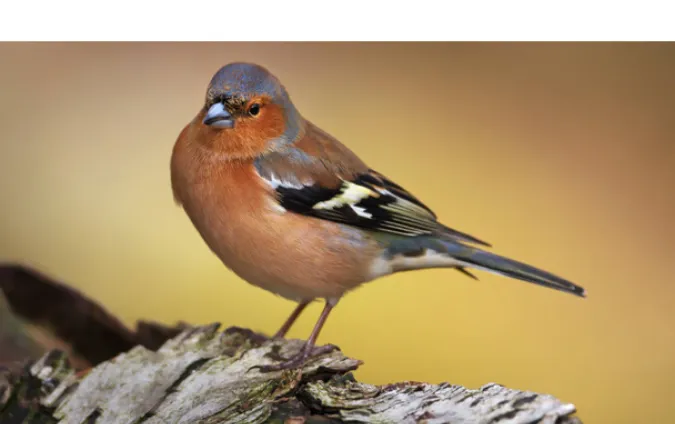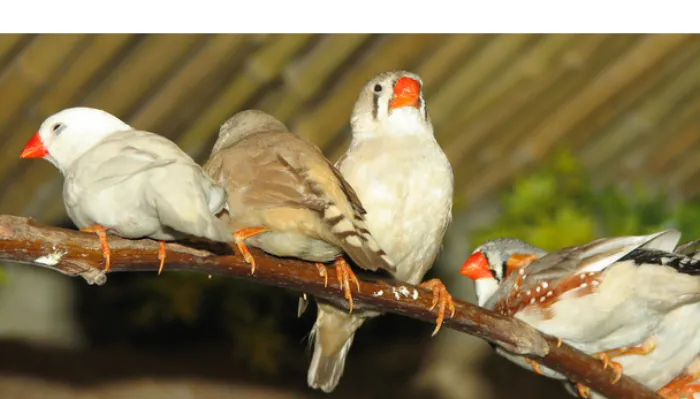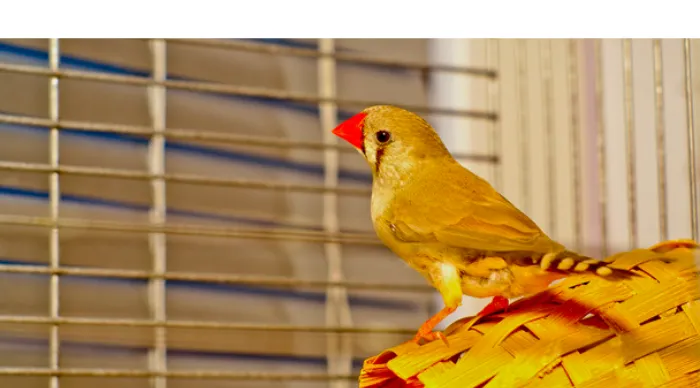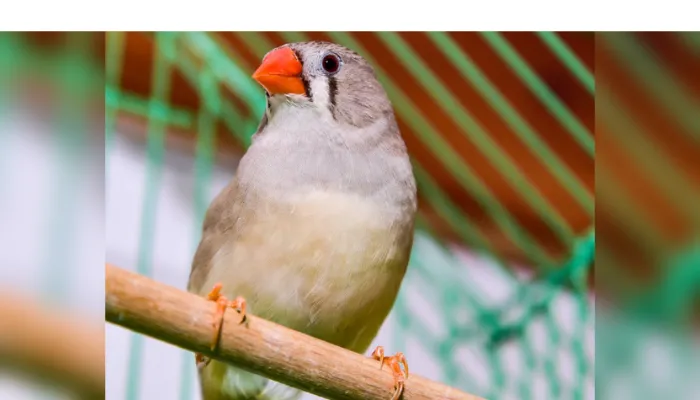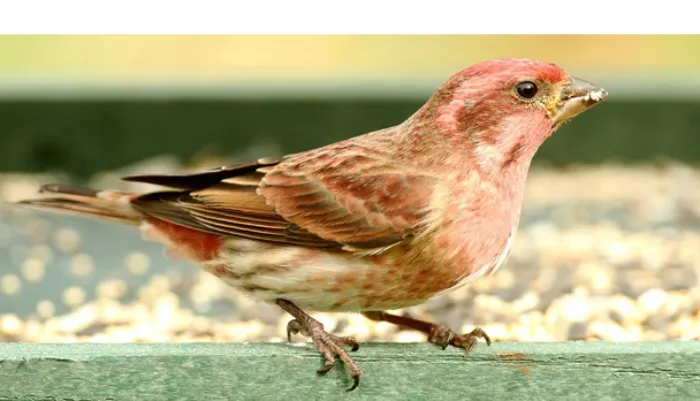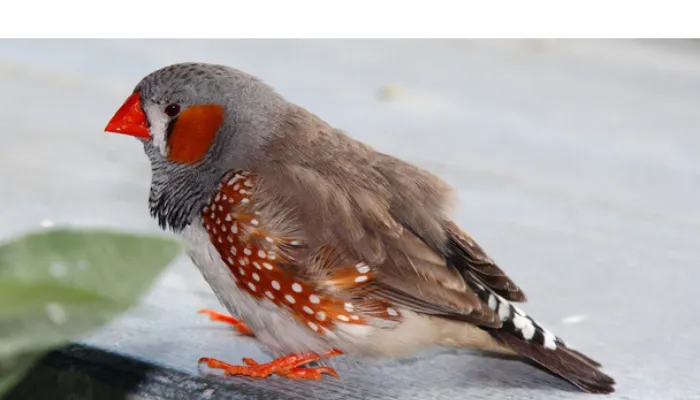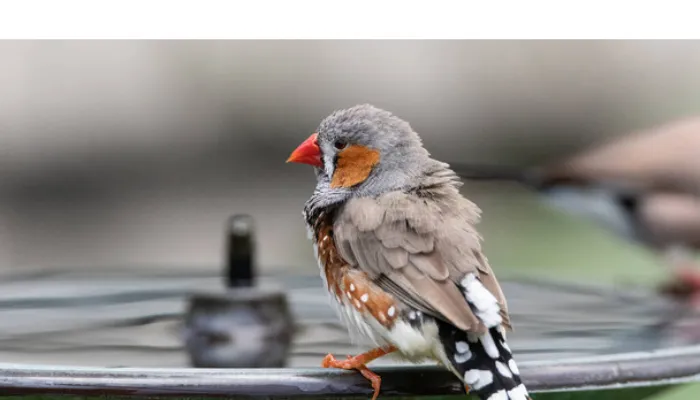Recently, there has been a rising concern over the mysterious disappearances of house finch eggs from their nests.
If you’ve landed on this blog post, you’re likely wondering, “Why have the house finch eggs disappeared from the nest?”
Understanding this phenomenon is essential for the conservation of the species and alleviating any concerns that many may have.
In this comprehensive guide, we will dive deep into the potential reasons behind these puzzling disappearances. We’ve got you covered, whether it’s predator interference, parental abandonment, or environmental factors.
We’ll also delve into protection measures, common misconceptions, and frequently asked questions to offer you a well-rounded view of the topic.
Fun Fact: While both finches and chickadees are small songbirds, you can easily tell them apart by their beaks. Finches sport sturdy, conical beaks designed for cracking seeds, while chickadees flaunt smaller, slender beaks tailored for dining on insects and berries.
Quick Answer
If you’ve found yourself bewildered by the absence of house finch eggs in a nest, here are the top three reasons why this might happen:
Predator Interference
Predators like crows, raccoons, and even some larger bird species can snatch away the eggs. Look for signs like scattered nesting material or scratch marks near the nest.
Parental Abandonment
Yes, sometimes the parents might actually leave the eggs. This could be due to various reasons like feeling threatened or disruptions from humans.
Environmental Factors
Wind, rain, or extreme temperatures can also play a role. A storm could potentially wash the eggs out of the nest, or extreme heat might make the environment unsuitable for incubation.
Why did bird eggs disappear from the nest?
The reasons could be one of the above or a combination. Every situation is unique, so observing the nest area could provide more clues.
Do house finches abandon their eggs?
They might, especially if they sense danger or constant disruption around their nesting area.
Understanding House Finch Nesting Habits
Before we delve deeper into why those eggs are mysteriously vanishing, we must grasp house finch nesting habits. After all, the more you know about their lifestyle, the better you can understand what might be going wrong.
Ideal Nest Locations
House finches are pretty flexible when it comes to where they’ll set up shop. You’ll often find their nests in ledges, building eaves, hanging planters, and even vents.
Egg-Laying Schedule
A female house finch typically lays one egg per day and can lay between 2 to 6 eggs in a single clutch. After laying the full clutch, she’ll start the incubation process, which usually lasts about 12 to 14 days.
Do birds remove eggs from nest?
In the case of house finches, it’s uncommon for the parents to remove eggs from the nest. If the eggs are missing, the reasons are often external—like those we’ve discussed before.
Potential Predators and How They Operate
If you’ve ruled out environmental factors and parental abandonment as the cause for the missing house finch eggs, the next likely culprit is predators. These are the sneaky characters you’ll want to keep an eye out for.
Common Predators
Some of the most common predators include crows, blue jays, and raccoons. Even certain reptiles like snakes can climb trees and access nests.
Signs of Predator Activity
Be on the lookout for clear signs like scattered feathers, damaged nests, or even scratch marks around the area. If you spot these, you’ve likely found your culprit.
What steals finch eggs?
Most commonly, it’s the birds and mammals mentioned above. However, even domestic pets like cats can be a threat.
Parental Behavior: When and Why Finches Might Abandon Their Nest
Alright, we’ve talked about predators, but sometimes the threat comes from an unexpected source—the parents themselves. You might be wondering why a house finch would ever leave its precious eggs. Let’s break it down.
Signs of Abandonment
Empty nests for extended periods and a lack of feeding activity are major red flags. House finches are generally diligent parents, so their absence is usually a sign of something more sinister.
Causes of Abandonment
Key reasons for abandonment might include:
- Human interference: Your well-meaning curiosity could be a problem.
- Perceived threats: Other animals loitering near the nest could spook the parents.
- Unsuitable environment: If the nest is precarious, parents might leave for a safer spot.
Do house finches abandon their eggs?
Yes, they can, particularly if they feel the nesting area has become too dangerous or unstable.
Making Your Yard a Safe Space: Protective Measures for House Finch Eggs
Your backyard should be a safe haven for these charming little birds, and there are proactive steps you can take to keep it that way.
You don’t have to stand guard 24/7 to protect those house finch eggs; sometimes, a few simple actions can make all the difference.
Install Nest Protectors
These handy gadgets can help deter predators from getting too close to the nest. They’re usually easy to install and highly effective.
Minimize Human Interaction
As curious as you might be, observing from a distance is best. Frequent close encounters with humans can stress the birds and lead them to abandon their nest.
Monitor for Threats
Watch for other animals that might pose a danger to the nest. Take action to remove such threats whenever possible.
Frequently Asked Questions (FAQ)
Got more questions? You’re not alone! Here are some of the most commonly asked questions about the disappearing act of house finch eggs.
Q1: Why did bird eggs disappear from nest?
The reasons could range from predator activity, parental abandonment, to environmental factors like storms or extreme temperatures.
Q2: Do house finches abandon their eggs?
They can, especially if they feel threatened or if there’s too much human interaction around their nesting area.
Q3: Do birds remove eggs from nest?
In the case of house finches, it’s uncommon for parents to remove eggs. If eggs are missing, it’s often due to external factors.
Q4: What steals finch eggs?
Common predators include crows, blue jays, and raccoons. Even domestic pets like cats can pose a threat.
Q5: How can I protect house finch nests in my yard?
Installing nest protectors, minimizing human interaction, and monitoring threats can make your yard safer for house finches.
Conclusion
From potential predators and house finch nesting habits to the perplexing behavior of the parents themselves, we’ve covered a lot of ground.
The key takeaway? Understanding the possible reasons behind the disappearance of house finch eggs involves a blend of observation, knowledge, and proactive measures.
Whether you’re an avid birdwatcher or someone who’s recently stumbled upon a nest, you’re now equipped with the insights to assess why those eggs might have gone missing.
And more importantly, you’ve got actionable tips to make your yard a safe space for these charming birds to call home.
